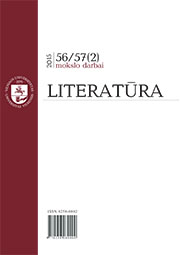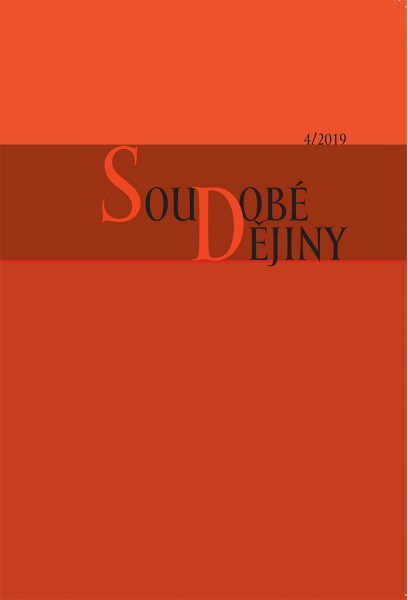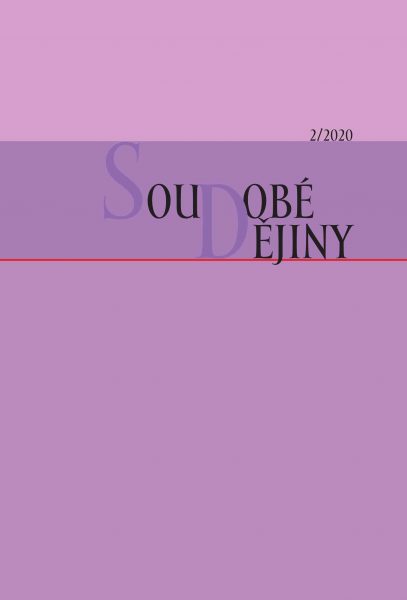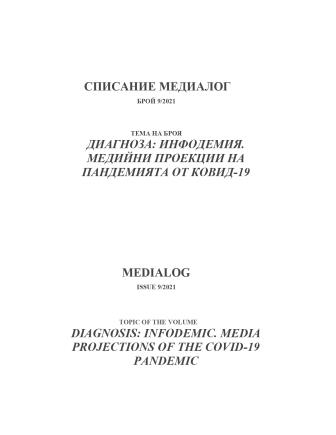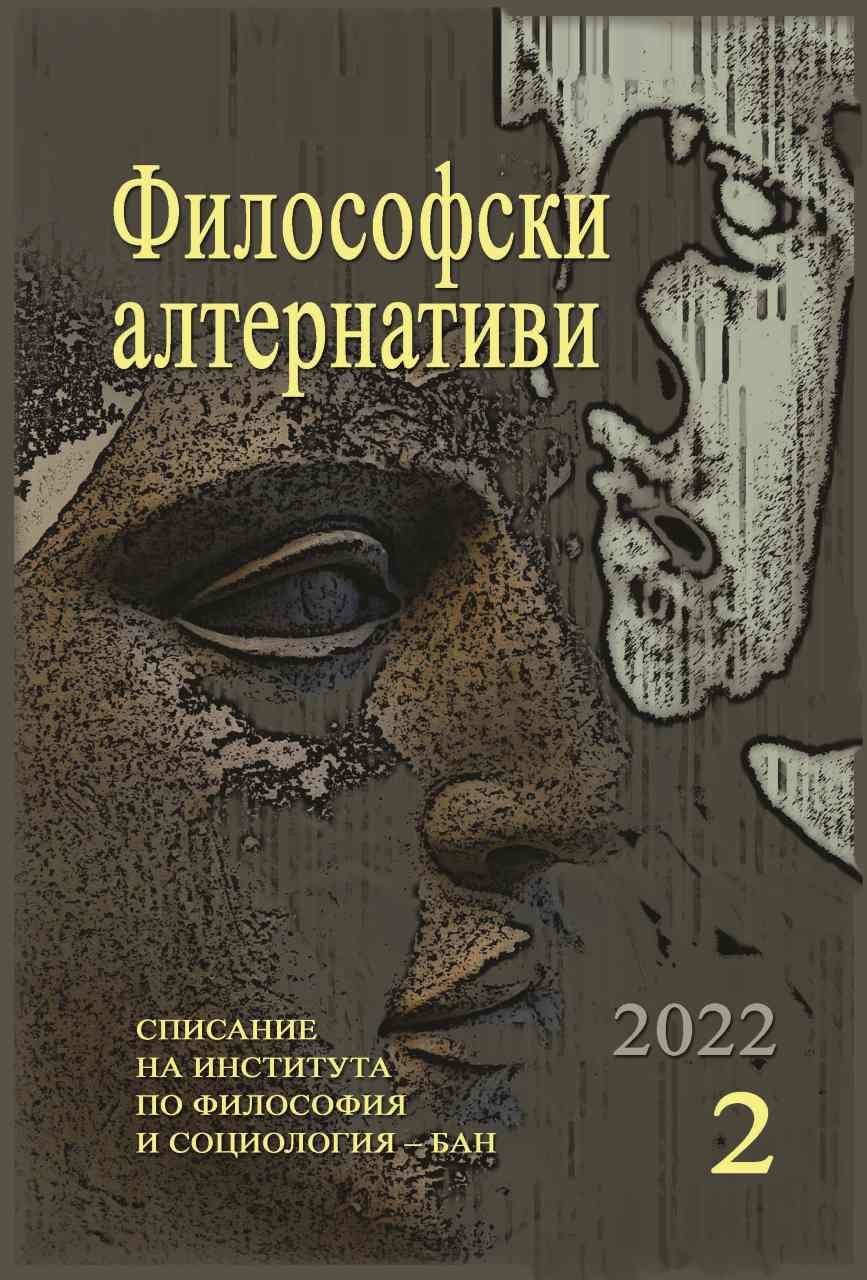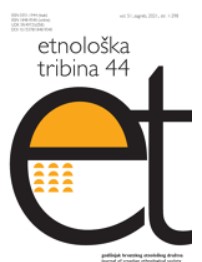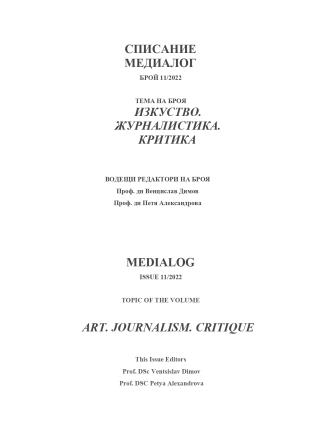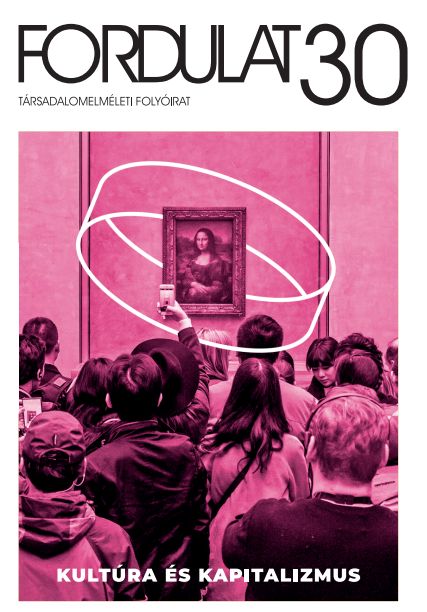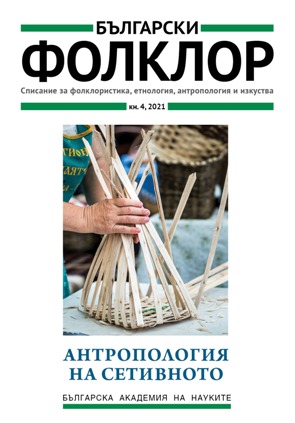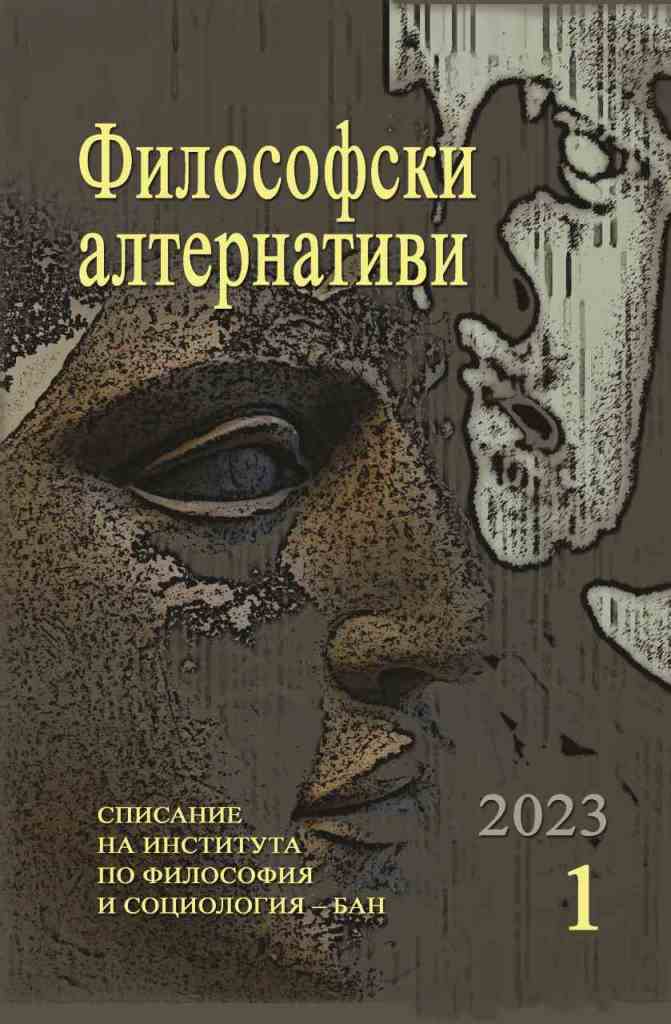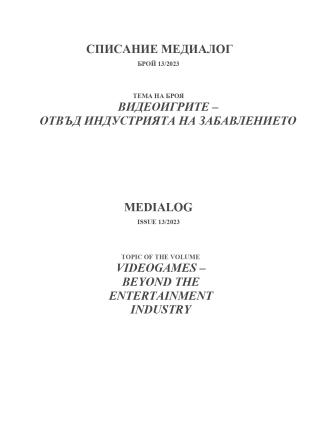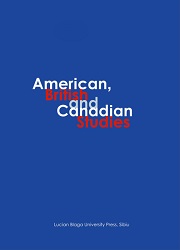Author(s): Senka Božić-Vrbančić,Jelena Kupsjak,Maja Flajsig,Tanja Petrović,Velna Rončević,Andrea Matošević,Iva Grubiša,Ljiljana Marks,Iris Biškupić Bašić,Andrea Klobučar,Tea Škokić,Olga Orlić,Marijana Belaj / Language(s): Croatian
Issue: 44/2021
Review of:
Senka Božić-Vrbančić i Jelena Kupsjak - Feral Atlas. The More-Than-Human Anthropocene, Anna Tsing, Jannifer Deger, Alder Keleman Saxena i Feifei Zhou, ur., Stanford University Press, Stanford, 2020.
Maja Flajsig - Ekofeminizam. Između ženskih i zelenih studija, Goran Đurđević i Suzana Marjanić, ur., Durieux, Zagreb, 2020., 479 str.
Tanja Petrović - Transformacija rada. Narativi, prakse, režimi, Ozren Biti i Reana Senjković, ur., Institut za etnologiju i folkloristiku, Zagreb, 2021, 388 str.
Velna Rončević - Anne Allison, Precarious Japan, Duke University Press, Durham, 2013., 256 str.
Andrea Matošević - Priče iz konzerve. Povijest prerade i konzerviranja riba na sjeveroistočnom Jadranu, Iva Kosmos, Tanja Petrović i Martin Pogačar, ur., Srednja Europa, Zagreb, 2020., 301 str.
Iva Grubiša - Jasna Čapo, Dva doma. Hrvatska radna migracija u Njemačku kao transnacionalni fenomen, Durieux, Zagreb, 2019., 392. str.
Ljiljana Marks - Olga Supek, Ljeto u Detroitu. Studija jedne lokalne četvrti iz perspektive ekonomske antropologije, Hrvatsko etnološko društvo, Zagreb, 2020., 179 str.
Iris Biškupić Bašić - Katarina Bušić, Zbirka narodnih nošnji hrvatske dijaspore (The Croatian Diaspora Folk Clothing Collection), Etnografski muzej, Zagreb, 2019., 192 str.
Andrea Klobučar - Kapa dolje! Priča o (ne)pokrivanju glave, Mareta Kurtin, ur. Etnografski muzej, Zagreb, 2019., 344 str.
Tea Škokić - Liber Monstrorum Balcanorum. Čudovišni svijet europske margine, Miranda Levanat-Peričić i Tomislav Oroz, ur., Jesenski i Turk i Institut za etnologiju i folkloristiku, Zagreb, 2019., 371 str.
Olga Orlić - Devedesete. Kratki rezovi, Orlanda Obad i Petar Bagarić, ur., Institut za etnologiju i folkloristiku, Jesenski i Turk, Zagreb, 2020., 427 str.
Marijana Belaj - Antropologija izvan akademije – osvrt na Godišnji skup HED-a 2020: Etnografska istraživanja na tržištu
More...
